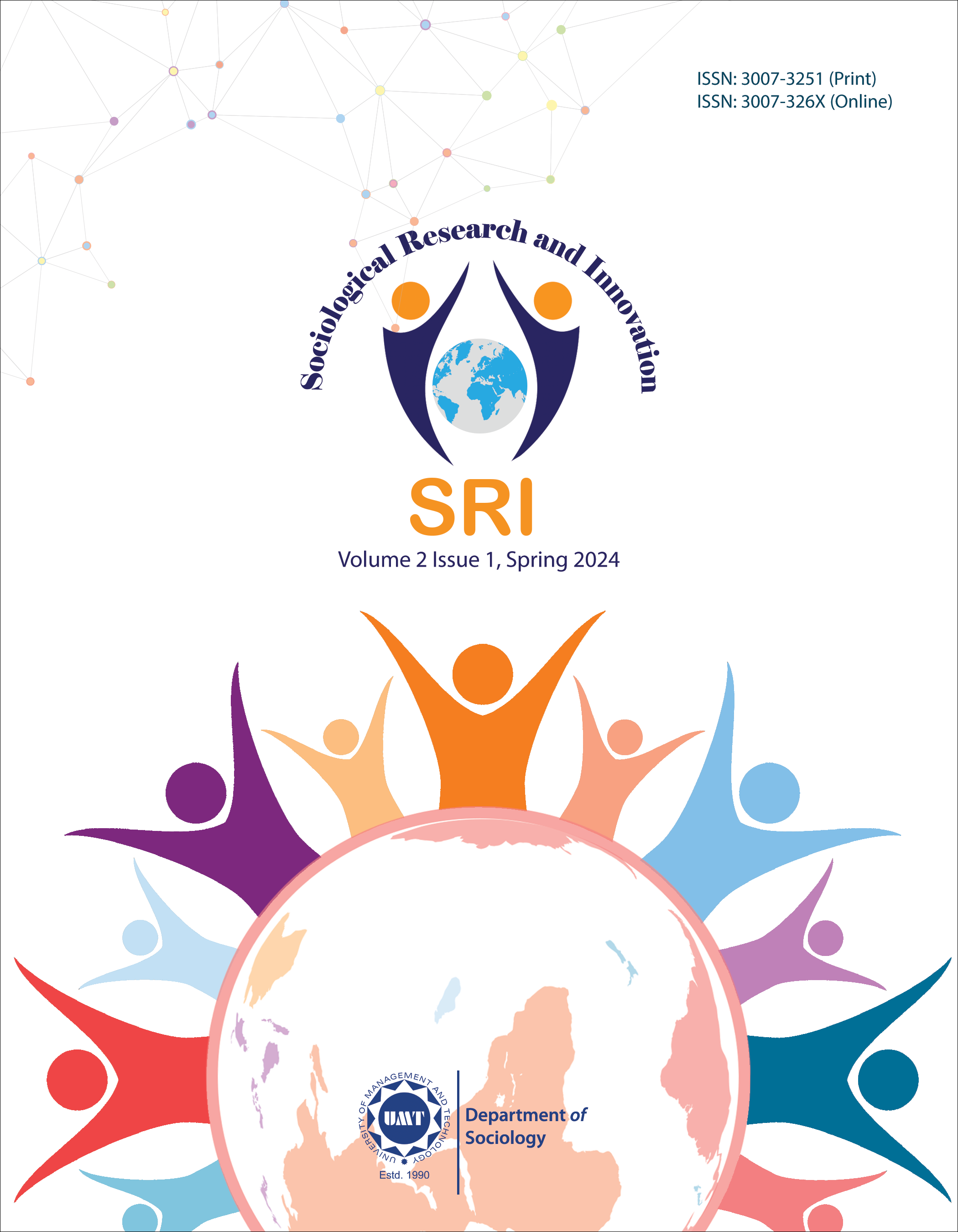Exploring Health-Seeking Behaviors and Coping Strategies: A Qualitative Study of Women in Urban Slum Areas of Lahore, Pakistan
Abstract
 Abstract Views: 0
Abstract Views: 0
This study seeks to explore the health practices of women living in the slums of Lahore, Pakistan, a group known for poor health outcomes and high incidence of chronic illnesses like obesity, diabetes, and cardiovascular disease. A qualitative research methodology was employed to collect data from 20 women across four slum regions, with a focus on demographics, health behaviors, perceived impediments, and coping methods. The study adopts a socioeconomic determinants of health approach, emphasizing the importance of financial stability, employment, education, housing, social support, and access to healthcare for women's health. The findings demonstrate major impediments to healthcare access, such as inadequate housing and infrastructure, which all contribute to high infant mortality and poor health outcomes. This study highlights how women residing in slums rely on traditional treatments, limited health literacy, cultural norms, and prioritize household chores over personal health. The findings suggest that culturally sensitive, gender-specific interventions, as well as improved healthcare infrastructure, are required to enhance health outcomes. The study advocates for government intervention to ensure equitable healthcare access for all women, regardless of their financial position, and emphasizes the broader societal consequences of improving health in slum communities.
Downloads
Copyright (c) 2024 Manahil Farhat

This work is licensed under a Creative Commons Attribution 4.0 International License.


